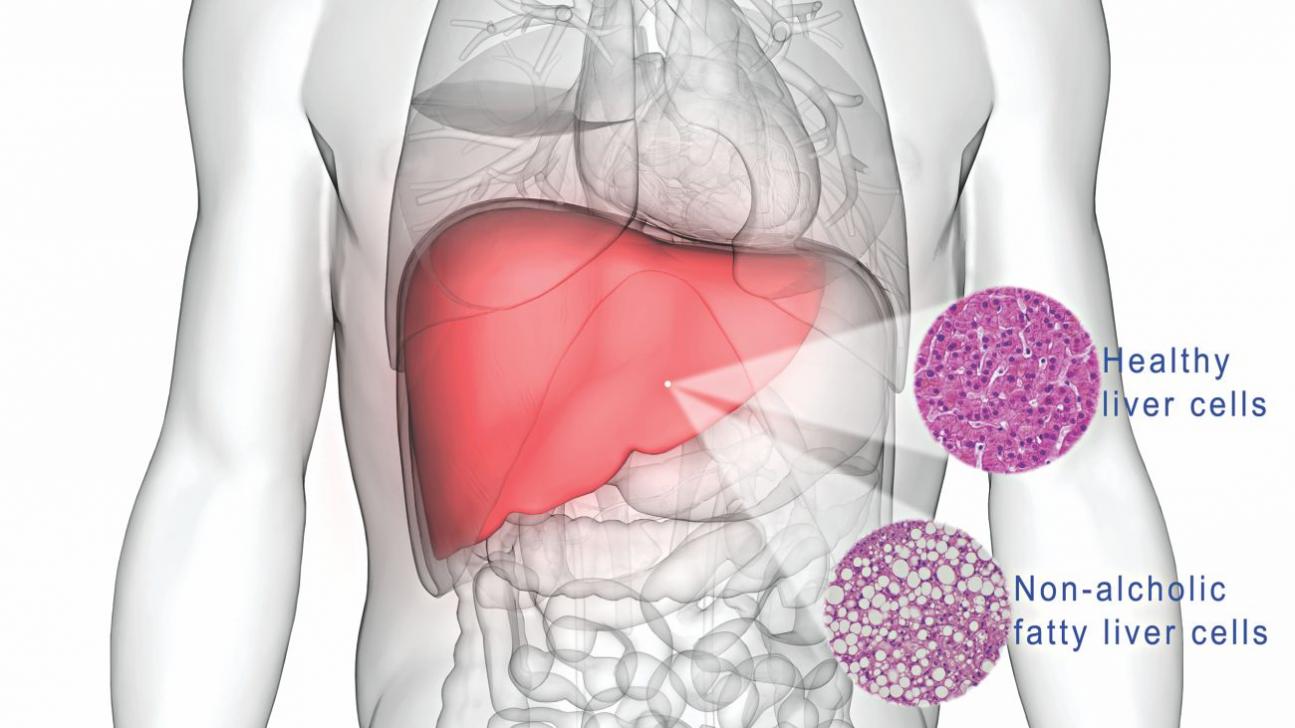Source: Thailand Medical News Oct 30, 2019 5 years, 8 months, 2 weeks, 1 day, 15 hours, 14 minutes ago
Researchers from Georgia State University have developed a safer and more sensitive
contrast dye for
MRI tests that can be used to provide the first effective, noninvasive method for detecting and diagnosing early-stage
liver diseases, including l
iver fibrosis.

Dr Jenny Yang, a Regents' Professor in Chemistry at Georgia State and the associate director of the university's Center for Diagnostics and Therapeutics commented in a phone interview with
Thailand Medical News, "It's a revolutionary leap as it will greatly help to detect the early stages of
liver fibrosis and other
liver diseases through a fast and noninvasive manner. This would help doctors monitor treatment before it is irreversible and help pharmaceutical companies to select the right patients for clinical trials or identify subjects for drug discovery.”
Typically, the
contrast dyes used in
MRI tests, referred to as contrast agents, are substances used to enhance the visibility of internal body structures during magnetic resonance imaging. The patented contrast agent ProCA32.collagen1, developed in collaboration with Yang's start-up company, InLighta BioSciences, and biology and chemistry researchers from Georgia State and Emory University targets over-expression of the biomarker collagen during the disease state and binds tightly with the contrast metal gadolinium.
Initial tests in animal models show the protein-based ProCA32.collagen1 can detect the early stage of alcohol-induced l
iver fibrosis and
Non-Alcoholic SteatoHepatitis (NASH), which is the most severe form of non-alcohol fatty
liver disease. Yang's research has also demonstrated the substance is twice as accurate as conventional contrast agents, and can detect tumors as small as 0.1 to 0.2 millimeters ie 100 times smaller than tumors detected by currently-approved contrast agents. Because it requires a significantly lower dosage than standard contrast agents, it reduces the risk of metal toxicity.
From 2010 to 2015, deaths from chronic
liver disease increased 31 percent in the U.S alone while the global increase was about 34 percent for people ages 45 to 64, due to several factors, including alcohol abuse and obesity.
Liver disease is a slow-moving process, but without an effective, non-invasive means of early diagnosis to prompt treatment, it can progress to more serious stages w
ith severe consequences.
Dr Jenny Yang further added, "Most people do not believe they have
liver fibrosis and don't want to change their lifestyle and we cannot detect it early. So, what happens is, they continue their lifestyle and at some point develop later-stage fibrosis which can become severe cirrhosis and a large portion become liver cancer."
The patented ProCA32.collagen1's black-and-white contrast imaging can differentiate "invisible" fibrotic regions from healthy background tissue, overcoming the limitations of invasive biopsies that can't analyze the entire liver.
Dr Yang further added "Our
contrast dye can do dual color so you have different contrast-colored features so the sensitivity shows up better and accuracy is a lot better."
The researchers plan to submit the patented dye for US FDA approval to initiate clinical trials and hope to get the
contrast dye ready for commercial use by late 2020.
Reference: Early detection and staging of chronic liver diseases with a protein MRI contrast agent,
Nature Communications (2019).
DOI: 10.1038/s41467-019-11984-2 , https://www.nature.com/articles/s41467-019-11984-2
